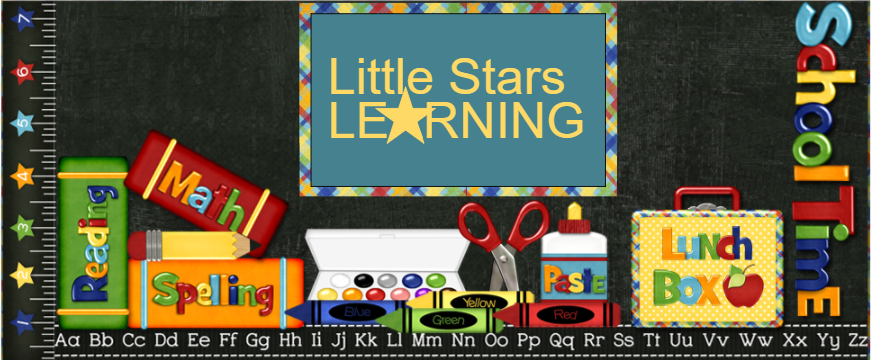- Hauling dirt, compost, mulch
- Digging
- Moving plants
- Weeding
- Picking produce
Health Knowledge
- Good/not-so-good foods
- Need for exercise
- Clean air
- Clean environment
- Clean hands & bodies
- Bacteria in the environment
Nutrition
- Nutritional value of different foods
- Which foods are good for what parts of your body
Here's what I came up with in about 10 minutes last night.
LIFE
Environmental Stewardship:
- We need to keep our water and soils clean
- Some plants may not be around if we don't collect and plant their seeds
- We need the insects
- We have to be careful with chemicals so that bugs, plants and people won't be hurt
- How to keep animals out of the garden without hurting them
- The natural world is important to protect
- How to germinate seeds
- How to plant, weed, cultivate, amend soil, crop rotation, etc.
- How to collect and store seeds
- Companion planting
- Pest control
- Different plant needs
Self Reliance:
- Ability to provide food and natural products for yourself and others
SCIENCE
Biology
- Life cycle of plants, animals and insects
- What lives in the soil
- Decomposition
- Biomes
Botany
- Plant physiology
- Common and scientific plant names
- Pollination
- Plant classifications
Environmental Science
- Composting
- Reduce, reuse, recycle
- Environmental awareness
Entemology
- Weather
- Weather patterns
- Cloud formations
- Temperature, rainfall and wind assessments
Scientific Method
- Predicting - What will happen if we give this one extra water?
- Discussing - Why do you think that is? What if we give it too MUCH water?
- Experimenting
- Discussing results
- Comparison to other experiments - Did the water make more of a difference or less of a difference than adding compost?
Math
- Comparison of size, shape, color, height, weight, growth, etc.
- Classification of plants, insects, animals, seeds, produce, etc.
- Counting seeds, plants, rows, produce, rainfall amounts, etc.
- Economics of how much we save by growing our own food and why - shipping, labor, etc.
- Estimation of how much items weigh, how much water they need, how much rainfall we had, etc.
- Equations - If we have 4 blueberry plants on this side, and 4 blueberry plants on that side, how many do we have in all? If we have 4 rows of 4 bush beans, how many do we have in all?
- Graphing of temperature, rainfall, plant growth, weekly circumfrence growth of a pumpkin, etc.
- Measurement of rainfall, shadows, height, weight, circumference, pounds of produce, etc.
- Geometry - shapes in the garden, building boxes, paths, etc.
- Statistics - Did we get more or less beans than peas? Was it a LOT more, or a little more? If they took up the same amount of space, which one is the better producer? Which one should we plant more of next year? - YES, the one we LIKE THE MOST!
- Time - tracking the sun across the garden, seasons, planning, plant growth, cycles
- Tracking growth, production, chores
PHYSICAL
Fine Motor
Observation
- Awareness of even the smallest element in the environment
- Seeing butterflies, bees, colors, shadows, sunbeams, changing shapes
- Feeling the wind, the many plant textures, soil vs. clay
- Hearing the birds, insects, leaves rustling in the wind, mulch crunching with each step
- Tasting the many flavors of herbs and produce
- Smelling the herbs, soil, flowers, produce
LANGUAGE ARTS
Narration
- Talking about their observations, ideas, experiments
- Educating and advising the younger children
- Discussing and negotiating about chores and responsibilities
- Asking questions, explaining to others
Reading
- Plant markers
- Seed packets
- Graphs, charts, instructions
Vocabulary
- Plant names & parts
- Insect names & parts
- Gardening terminology
- Discussion vocabulary
Writing
- In the dirt with sticks
- Drawing pictures of plants, insects, animals, ideas
- Plotting out the garden
- Observations, graphs, notations
SOCIAL
Negotiation
- What to plant
- Where to plant
- What to harvest for lunch
- What to do with what we harvest
- Who gets to do what when
Patience
- Waiting for seeds to germinate
- Waiting for plants to grow
- Waiting for produce to mature
- Waiting for our turn
Responsibility
- The garden must be watered
- The weeds must be pulled
- The produce must be collected
- The seeds must be collected
Team Work
- Working with others to plant, harvest and care for the garden
Work Ethic
- Doing your job, even if it isn't the job you wanted
- Working with your group, even if you would rather go play
- Handling your responsibilities with a good attitude
ART
Crafts
- Crafts for the garden - stepping stones, signs, totems, sculpture
- Crafts from materials collected from the garden
- Painting and drawing about the garden
Colors
- Names of colors
- Comparisons of colors
- Color changes
Light
- Observation of light vs. shadow
- Color changes in various lights
- Reflections
- Rainbows
- Light on different textures
Movement
- Wiggling of a worm
- Nodding of a sunflower head
- Wind bending a tree
- Falling apples
- Floating of a butterfly
- Dancing through the garden
Above all they learn...
APPRECIATION FOR NATURE
of which, they are a part.
Follow Connie -'s board Plants / Garden Theme on Pinterest. Tags: preschool, garden, gardening, pre-k, home, child, children, kids, kid, daycare, care, theme, unit, math, language, science, sensory, movement, senses, five, 5 senses,
Follow Connie -'s board Plants / Garden Theme on Pinterest. Tags: preschool, garden, gardening, pre-k, home, child, children, kids, kid, daycare, care, theme, unit, math, language, science, sensory, movement, senses, five, 5 senses,
























No comments:
Post a Comment
Note: Only a member of this blog may post a comment.